Symposium
Learning Plays
A symposium on radical pedagogy and knowledge without borders
Every relationship of hegemony is necessarily a pedagogic relationship.
(Antonio Gramsci)
For Brecht conventional theatre could only ever present “the structure of society (represented on stage) as incapable of being influenced by society (sitting in the audience).” This was a theatre, a politics, and a pedagogy which makes participation impossible. In his Lehrstücke he imagined a theatre, a politics, and a pedagogy in which the division between stage and audience, between active and passive, between teachers and learners is removed. There are no spectators, only co-creators, co-thinkers, co-players. By appropriating various positions they become comprehensible, conceivable and physically tangible.
The symposium ‘Learning Plays’ invites ten representatives of self-organized educational initiatives – artists, activists, theoreticians – to exchange insights into their various organic intellectual practices (according to Gramsci those which every class, every praxis generates from within their own number) and to examine the boundaries of knowledge and education. Brecht’s Lehrstück theory serves as a starting point: in a confusing time, which leads either pragmatically or purely relativistically avoiding any position or the opposite course of lapsing into simple demands or resentments, we want to practice taking up positions – and at the same time understand the consequences of our actions.
So it’s about taking a position. Saying yes or no. And to appropriate the Yeses and Nos of others in order to understand them. In the first part, one half of those speaking formulate their position affirmatively “saying yes” – and the other half attempts to appropriate this position with reference to their own work. We learn from the option of affirmation as an optimism of the will, as a cure for despair, resignation and resentment. Then, in a second round, these “students of saying yes” become teachers of saying no: they refuse, resist, argue, strike and position themselves and their work ex negativo – which again will be seized upon and appropriated by the other half of the group.
While Brecht was concerned above all with the opposition between the individual and the collective and the question of whether in an emergency the individual should sacrifice him- or herself for the benefit of the community, the symposium ‘Learning Plays’ raises other questions:
What is the relationship, the contradiction or the connection between organization and self-organization? What changes in society, what self-changes, do we want and how can they be achieved? What is the content, what does the specific educational process of each of the initiatives look like and what is the context in which it takes place?
Do we say yes to existing institutions and try to adapt them to our goals? Or do we say no and brave exodus? And if we say no, how can we prevent the new structures we found from simply becoming part of the old neoliberal game, or possibly even accelerating it? What new economies can we find? How does the connection of radical content with the prevailing mechanisms of the market operate?
As with Brecht, interpretation remains open: Yes and No are interchangeable. In the third part of the symposium, when the discussion has opened out and the boundaries between invited speakers and the audience are broken down, everyone has to adopt their own position: “to be partisans, not participants” when formulating and taking up dissident stances – because participation is not enough, it is necessary to be partial.
Rather than interacting in prescribed situations, what is important is situated knowledge and action. In this case, situated means several things at the same time: placing oneself on one side and doing so against the background of an awareness of one’s own situation in the context of social relations and in solidarity with existing social struggles. The position is one of resistance inasmuch as it has the aim of not being party to power relations remaining as they are but instead contributing to making a different hegemony possible.
In the conference ‘Learning Plays’ the Impulse Theater Festival’s interest in a political theatre as an agonistic field in which various positions may be tested without being dissolved in consensus will again be acted upon and confronted with critical and radical practices of pedagogy and the generation of knowledge.
Admission free
ON
| SATURDAY, 25 JUNE | 10 – 18 h | Düsseldorf |
| Language English | Festival Center |
With Markus Bader (Urban School / raumlaborberlin), Jamil Dishman (KulTür auf!, JugendtheaterBüro Berlin), Nils Erhard (KulTür auf!, JugendtheaterBüro Berlin), Valeria Graziano (Mind Your Head), Stefano Harney (School for Studies), Ahmet Öğüt (The Silent University), Alessandra Pomarico (Home Free University), Rubia Salgado (Universität der Ignorantinnen / maiz), Mårten Spångberg (PAF), Vierte Welt Kollaborationen, Dmitry Vilensky (Chto Delat)
Curated by Nora Sternfeld and Florian Malzacher
A project of the Impulse Theater Festivals 2016 in cooperation with Urbane Künste Ruhr. Funded by the Austrian Cultural Forum, Berlin.
